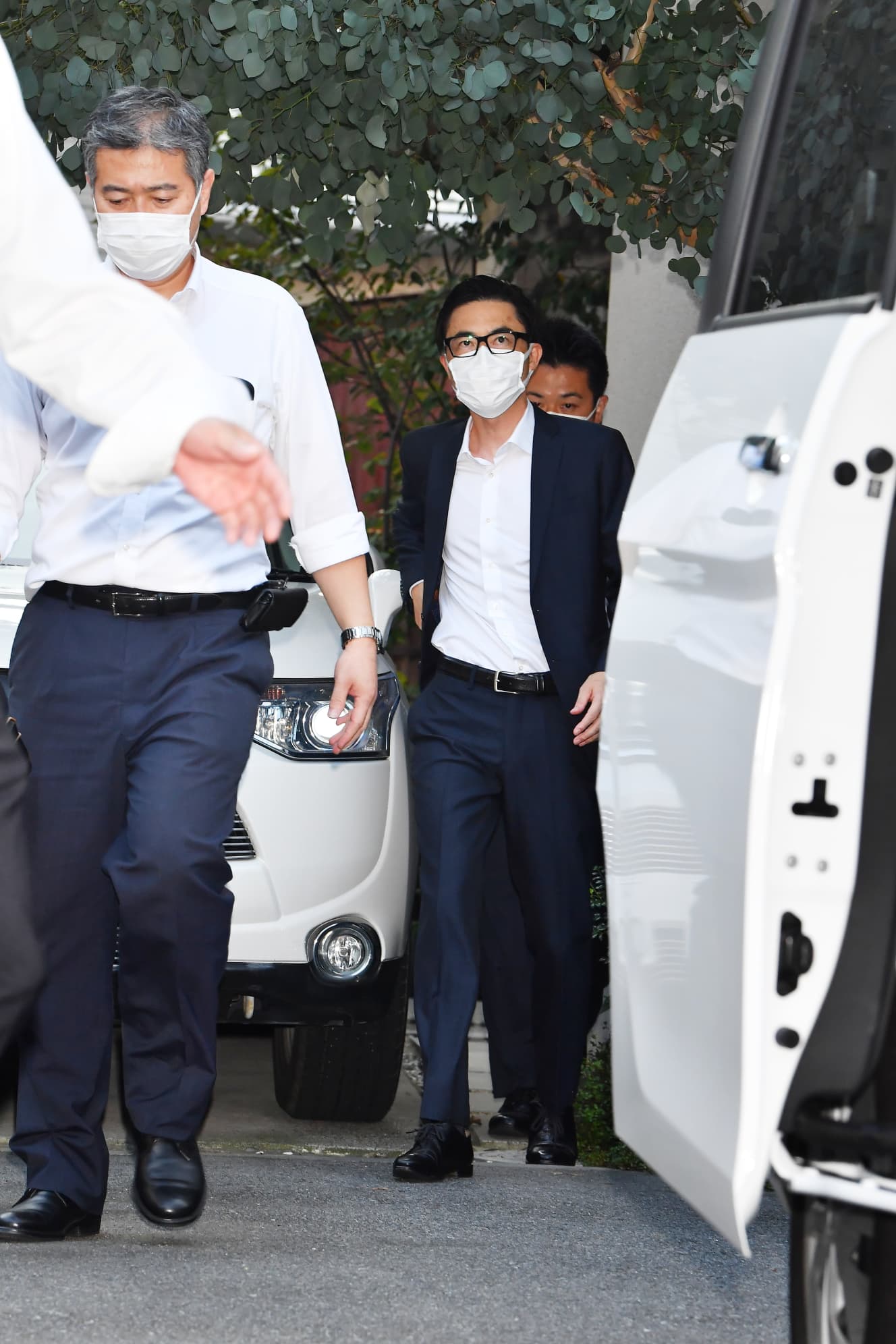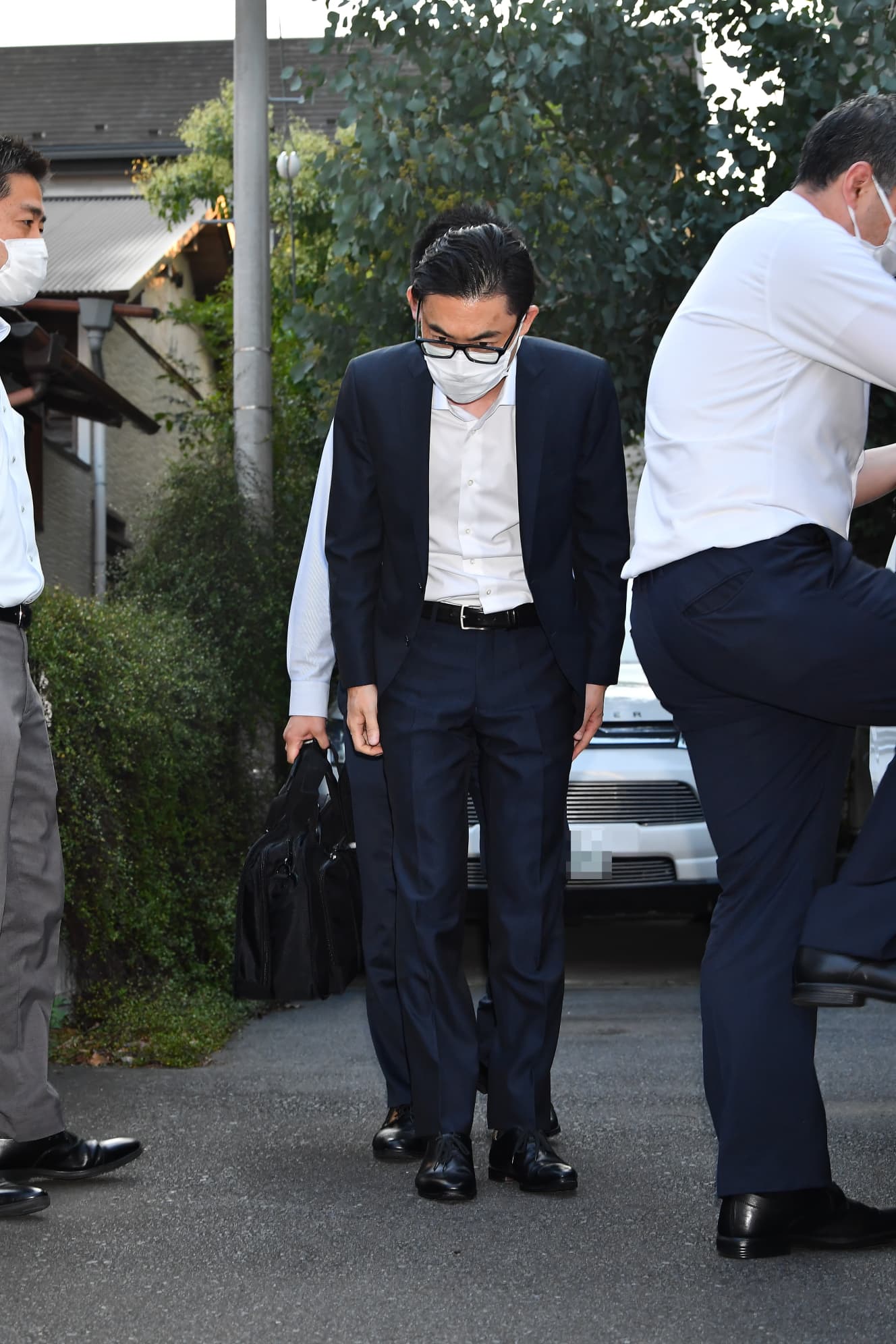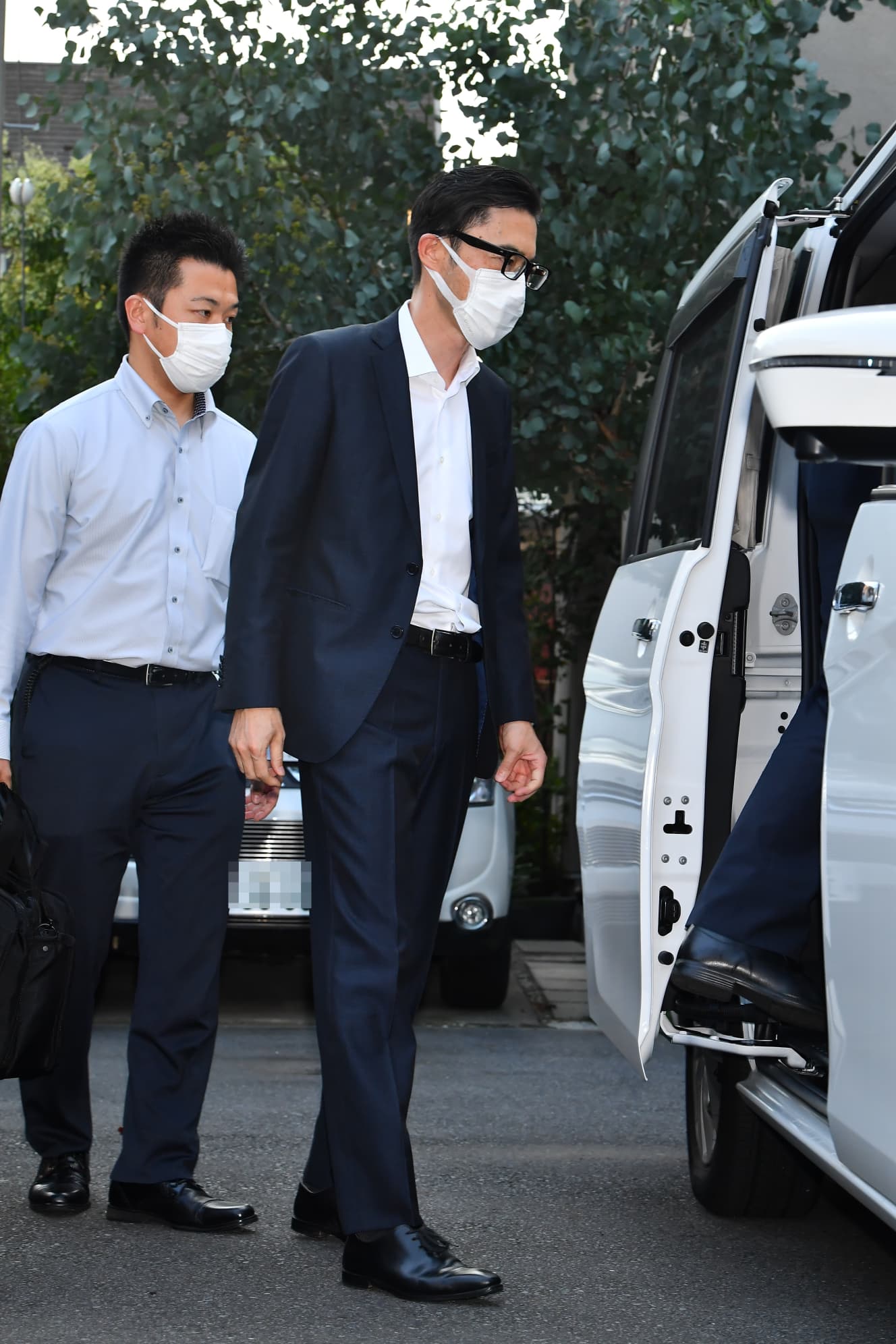Why did Kappa Sushi’s strong-arm president betray his “old and indebted employer” by taking confidential information with him?
When the man emerged from his home, there was no trace of the astute president. He bowed to the assembled press with a blank expression on his face. He got into a car driven by investigators with heavy steps.
On September 30, the Consumer Affairs and Economy Division of the Tokyo Metropolitan Police Department arrested Kimi Tanabe, 46, president of Kappa Create, which operates the Kappa Sushi conveyor-belt sushi chain. He is suspected of illegally taking confidential business data from rival Hamazushi. What is difficult to understand is that the suspect Tanabe was once a director of Hamazushi. Economic journalist Takashi Matsuzaki said, “Mr. Tanabe was a former director of Hamazushi.
Mr. Tanabe joined Zensho (now Zensho Holdings), the parent company of Hamazushi, in April 1998 after graduating from Tokai University. He was promoted and in April 2009, when he was in his early 30s, he was appointed general manager of the Corporate Planning Office. He subsequently served as director of “Hamazushi” and president of the group company’s family restaurant “Jolly Pasta.
By placing Mr. Tanabe at the top of group companies at such a young age, it is clear that Zensho paid considerable attention to him and placed high expectations on him. It is rare for a restaurant chain to nurture young people who have high expectations for the future from within the family. It is not a popular industry, and it is difficult to attract talented people, so it is common to invite people from outside the company.
A “souvenir” to a rival company?

Tanabe is believed to have committed the crime just before he transferred to Kappa Sushi in November 2008. In September of the same year, he illegally obtained information on purchase prices and business partners that was managed by Hama Sushi. After moving to Kappa Sushi, he shared this information with Kappa Sushi executives. It is suspected that he provided the confidential data of his old company as a “gift” to a rival company. Mr. Matsuzaki continues.
Kappa Sushi, the pioneer of the conveyor-belt sushi chain, was the industry leader until the 2000s. However, as new companies such as Hama Sushi and Sushiro entered the market one after another, it gradually lost its freshness. Unable to come up with a new innovation that would differentiate itself from its rivals, it gave up the top spot to “Sushiro” in 2011. It was overtaken by “Hama Sushi” and “Kura Sushi,” and recently it had sunk to fourth place.
Mr. Tanabe must have been in a hurry to achieve results immediately after moving to the new company. For a conveyor-belt sushi chain with a cost-to-sales ratio of 40%, information on raw material prices and suppliers is the most important confidential information. It allows us to compare prices and develop our business on better terms than our rivals.
While Tanabe had a reputation for his planning ability and aggressiveness, he also faced considerable opposition from both inside and outside the company.
He was a very strong manager,” said Mr. Tanabe. In order to advance the business as he wished, he would forcefully make decisions even when he knew it was against the rules. He often made decisions that people around him were not comfortable with. Perhaps it was the high expectations placed on him by the company at such a young age that made him so proud and arrogant.
It is said that Mr. Tanabe received about 50 million yen a year and was treated well at “Hama Sushi. This incident was a betrayal of his old employer, who had fostered him. He turned on his rival and even took confidential information with him,” said a Hamasushi insider.
Mr. Matsuzaki, a former Hamazushi insider, said.
It is unthinkable that a senior executive of a company would transfer to a rival company. Mr. Tanabe would have known not only purchasing data but also various important information about Hamasushi. In the U.S., it is common to have a written pledge that you will not move to a rival company for five years after quitting. Mr. Tanabe’s behavior is an act of betrayal that completely deviates from business ethics.
It seems that Mr. Tanabe overconfident in his own abilities led him to commit an unforgivable act of misconduct.


Photo by: Shinji Hasuo
